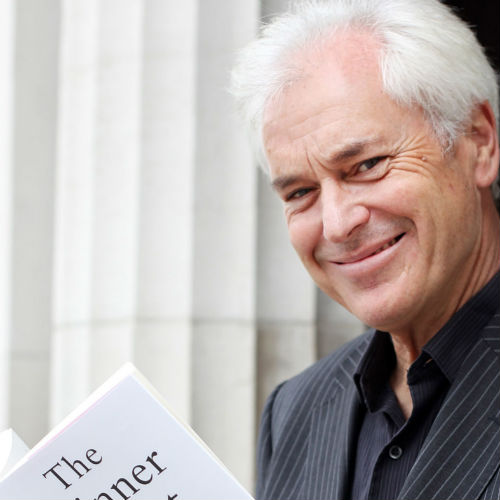Severity: Warning
Message: session_start(): Failed to initialize storage module: user (path: /var/www/session)
Filename: Session/Session.php
Line Number: 143
 Prof Ian H Robertson, Professor of Psychology, TCD
Prof Ian H Robertson, Professor of Psychology, TCD
How did you get into brain research?
“There was a programme on the television when I was growing up called The Human Jungle about a psychiatrist who solved all sorts of exotic and interesting cases as if he were Sherlock Holmes. That got me interested. I studied psychology in Glasgow University and then I spent a few years working abroad before doing my Masters and PhD with the University of London, which involved working on rehabilitation after brain damage. I was at the University of Cambridge for several years before moving to Trinity College Dublin in 1999, where I now carry out research into attention and awareness.”
What do you work on?
“I’m really interested in how our experience – what we do, think and feel – and also our wider society can shape our brains. And in particular I’m interested in how attention and awareness can increase the impact of experience on our brains.
At the moment I’m working on projects to help people develop greater self-awareness – we are using technologies like mild electrical stimulation and biofeedback exercises to give their brains an attention boost and help memory and cognitive function. We are also looking at new ways to measure awareness.”
Have you changed your lifestyle based on what research is showing about brain health?
“Yes. I went to a conference in Toronto about seven years ago and I heard a talk about the effects of aerobic exercise in the brains of older people. Since that day I have taken exercise four to five times a week, working at a rate that gets you in a slight sweat, gets the pulse rate up. It is better than any drug or brain training.”
What tips would you give to others to help protect brain health?
“Pay attention and challenge yourself to learn new tasks and move in different social circles, don’t just do the same things and meet the same people over and over again. Also aerobic exercise and mindfulness are both great brain boosters.”
If you had a magic wand and you could make something happen in the next five years, what would that be?
Without a shadow of a doubt, a cure for Alzheimer’s Disease.
Ian H Robertson is Professor of Psychology at Trinity College Dublin and author of numerous best selling books including:
The Winner Effect: How Power Affects Your Brain (Bloomsbury, June 2012)
Mind Sculpture: Unleashing Your Brain’s Potential
The Mind’s Eye: The Essential Guide to Boosting Your Mental, Emotional and Physical Powers
Share this page: